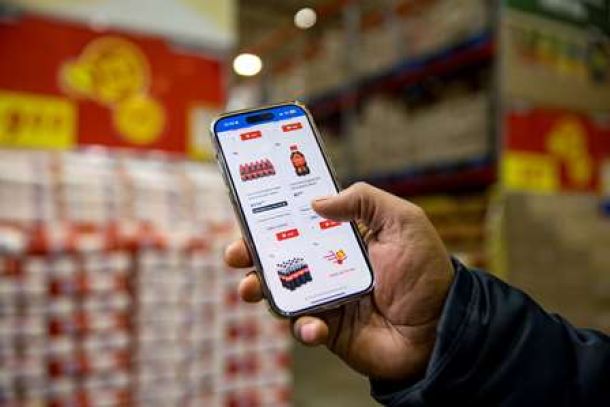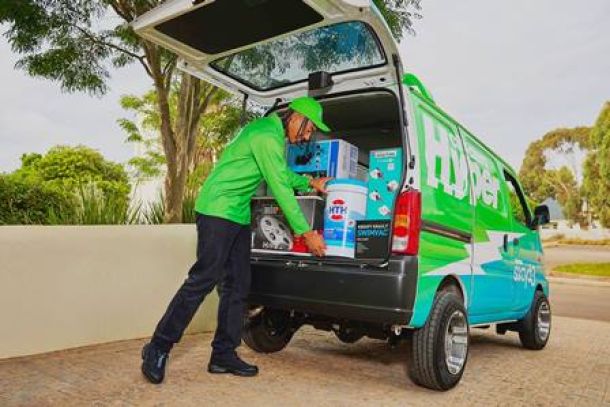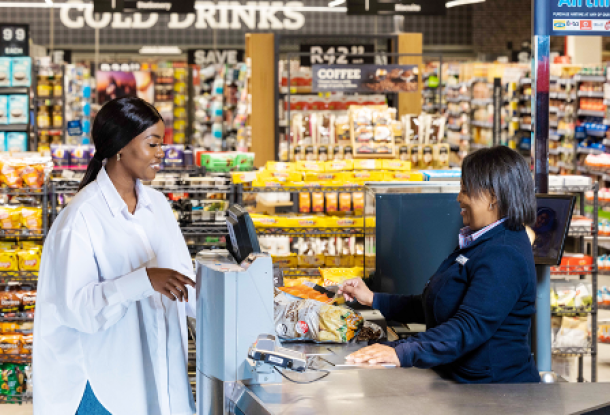PepsiCo sets more ambitious sugar reduction target
PepsiCo has set a target for reducing the amount of sugar in its soft drinks around the world as part of a suite of goals aimed at tackling problems ranging from obesity to climate change.
The New York-based company will announce on Monday that by 2025 at least two-thirds of its drinks will have 100 calories or fewer from added sugar in a 12oz (355ml) serving, up from about 40% of its drinks now.
The move, which it plans to achieve by introducing more zero-and low-calorie drinks and reformulating existing drinks, comes as PepsiCo and rival Coca-Cola come under increasing pressure from health experts and governments who blame them for fuelling epidemics of obesity and diabetes.
The debate over sugary drinks has been raging in SA, where proposals for a sugar tax have elicited strong opinions both in favour and against.
PepsiCo says the new global target is more ambitious than its previous goal of reducing sugar by 25% in certain drinks in certain markets by 2020.
"The science has evolved," Mehmood Khan, PepsiCo’s chief scientific officer of research and development, said.
He gave an example of new flavour ingredients that require less sweetening, saying: "It’s not just about sweeteners, it’s about understanding the flavour ingredients and having proprietary knowledge and access to them."
The World Health Organisation this month recommended taxes on sugary drinks, as France and Mexico have done, to curb consumption and improve health. The soft drinks industry opposes such taxes.
Despite its name, PepsiCo generates only 12% of its $63bn in annual revenue from its famous cola brand. It makes 25% from carbonated soft drinks such as Mountain Dew, with the rest coming from waters and juices including the Tropicana brand, plus snacks and dips such as hummus and guacamole.
Its 2025 goals also include targets for lowering sodium and saturated fat.
"These are good steps. But when we have an obesity crisis, I think there is more that we can be doing," said Mindy Lubber, president of nonprofit organisation Ceres, which pushes companies and investors to take action on sustainability.
"If a food and beverage company is not looking at nutrition, they are not looking at the direction the world is going in."
Coke has said that by 2020 it would offer low-calorie or no-calorie options in every market as part of its sustainability goals.
PepsiCo is building on goals set out 10 years ago, which targeted nutritional, environmental and social improvements.
Khan said there has also been financial progress.
He said the company had saved $600m over the past five years from reduced water, packaging and energy use, as well as a reduction in waste. He added that over the past decade, average returns on investments in this area had been better than the cost of capital.
Khan expects similar returns in future, which might be good news for investors, who generally do not base investment decisions on sustainability.
"It might not be the driving factor, but it might a filter," said Morningstar analyst Philip Gorham.
Other targets include a 15% improvement in the water efficiency of PepsiCo’s direct agricultural supply chain in water-stressed areas by 2025 and a 20% drop in greenhouse gas emissions across its supply chain by 2030.
Reuters
News Category
- International retailers
- On the move
- Awards and achievements
- Legislation
- Wine and liquor
- Africa
- Going green
- Supplier news
- Research tools
- Retailer trading results
- Supply chain
- Innovation and technology
- Economic factors
- Crime and security
- Store Openings
- Marketing and Promotions
- Social Responsibility
- Brand Press Office
Related Articles

Two local businesses see a gap as food and groc...

SARS launches WhatsApp channel to help check ta...

Shoprite launches online shopping and bulk deli...

Sixty60 promises lightning-fast delivery of 10 ...


